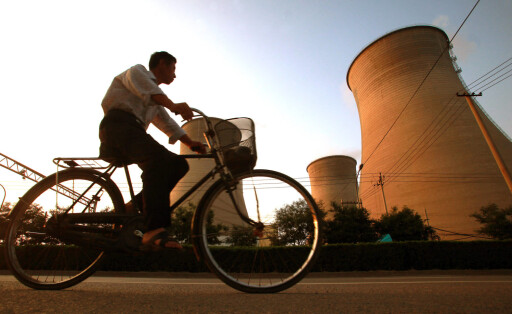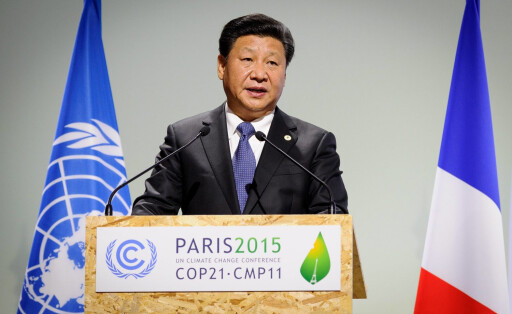





China's carbon emissions have been falling for the past year. Will it soon reach its peak? Currently, the pandemic and real estate woes are curbing economic growth, provinces lack money for economic stimulus programs, and carbon-intensive industries are announcing new climate plans. Only with a swift emissions peak will the Paris climate targets remain in reach.
By Nico Beckert




Democracies should form an alliance for the supply of energy and critical raw materials to become less dependent on China, according to Morten Svendstorp. The alliance could jointly provide analyses, create a market-based trading system, and develop quality standards.
By Experts Table.Briefings

China's President Xi Jinping is about to serve a third term as head of state. Under him, climate policy became important in the country with the highest carbon emissions. Emissions have been curbed and renewables greatly expanded. But experts doubt that the green transformation will happen faster in the future. Both growth pressure and the coal lobby are too strong, and internal and international crises are too dominant.
By Nico Beckert